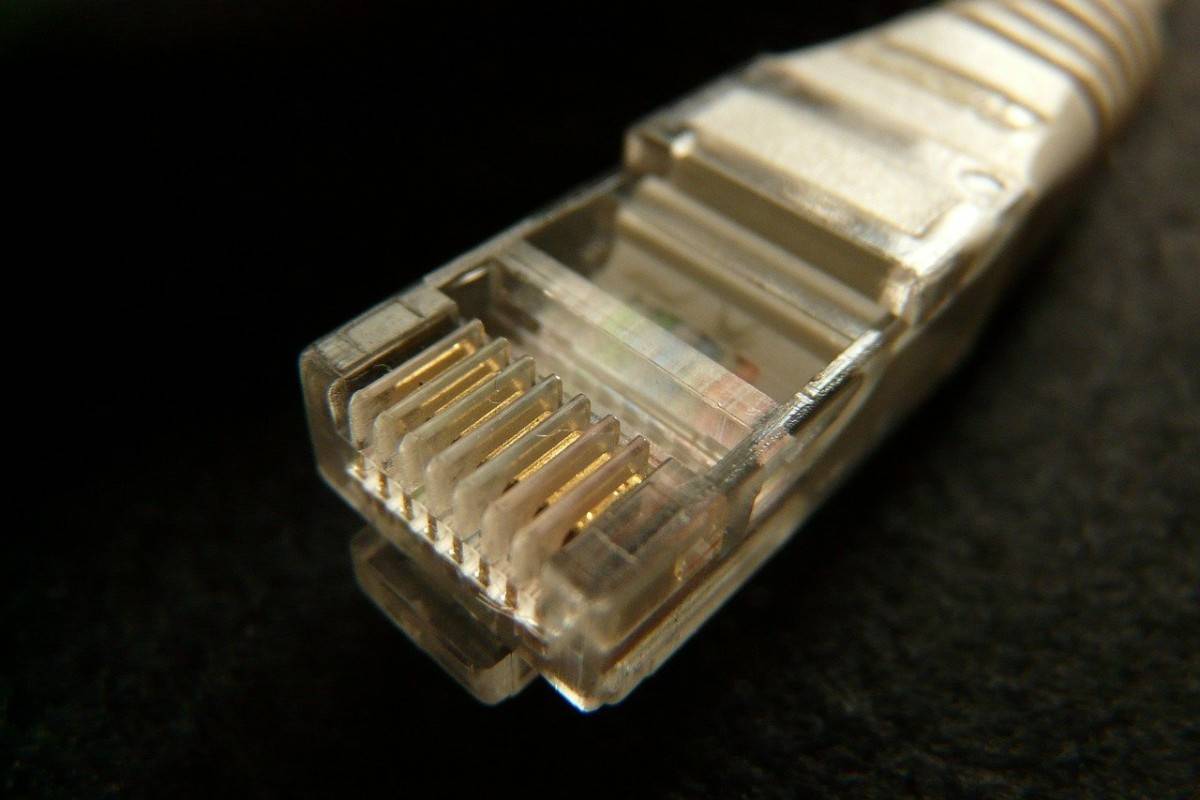
The need for reliable speeds with fixed broadband internet has grown with the culture-shifting towards working from home and learning from home. The telecom sector regulator has understood the need and has redefined the minimum speed a broadband connection should deliver to the users in India. The Telecom Regulatory Authority of India (TRAI) has said that the broadband service providers in India will get incentives in order to push the minimum speed offered to the users.
Broadband Users In India Will Get At Least 2 Mbps Speed
TRAI has categorised wired broadband internet into 3 different categories - Basic, Fast, and Super Fast. A basic broadband connection will deliver users at least 2 Mbps speeds and will range up to 50 Mbps. A ‘Fast’ connection would deliver speeds between 50 Mbps and 300 Mbps, while the ‘Super Fast’ connection would deliver speeds of 300 Mbps and above.
The operators have been incentivised by TRAI to provide higher speeds by the promise of exemption in the License Fees (LF). At present, the fixed-line internet service providers (ISPs) are charged 8% LF on their revenues. But this could be brought down soon in order to promote the companies to offer more speeds to the users.
For the unaware, earlier, the minimum speed offered to the users with a broadband connection was 512 Kbps. But now, TRAI has redefined a broadband connection, and the minimum speed that a connection will come with is 2 Mbps.
Further, the TRAI said that broadband penetration in India must be increased as fast as possible. At present, the fixed-line broadband penetration in India is at 55%. To solve this, the sector regulator has suggested piloting a Direct Benefit Transfer (DBT) programme for rural users. For India to become a truly digital country, fixed-line broadband with reliable internet speeds is very much required in the rural parts of the country as well.















